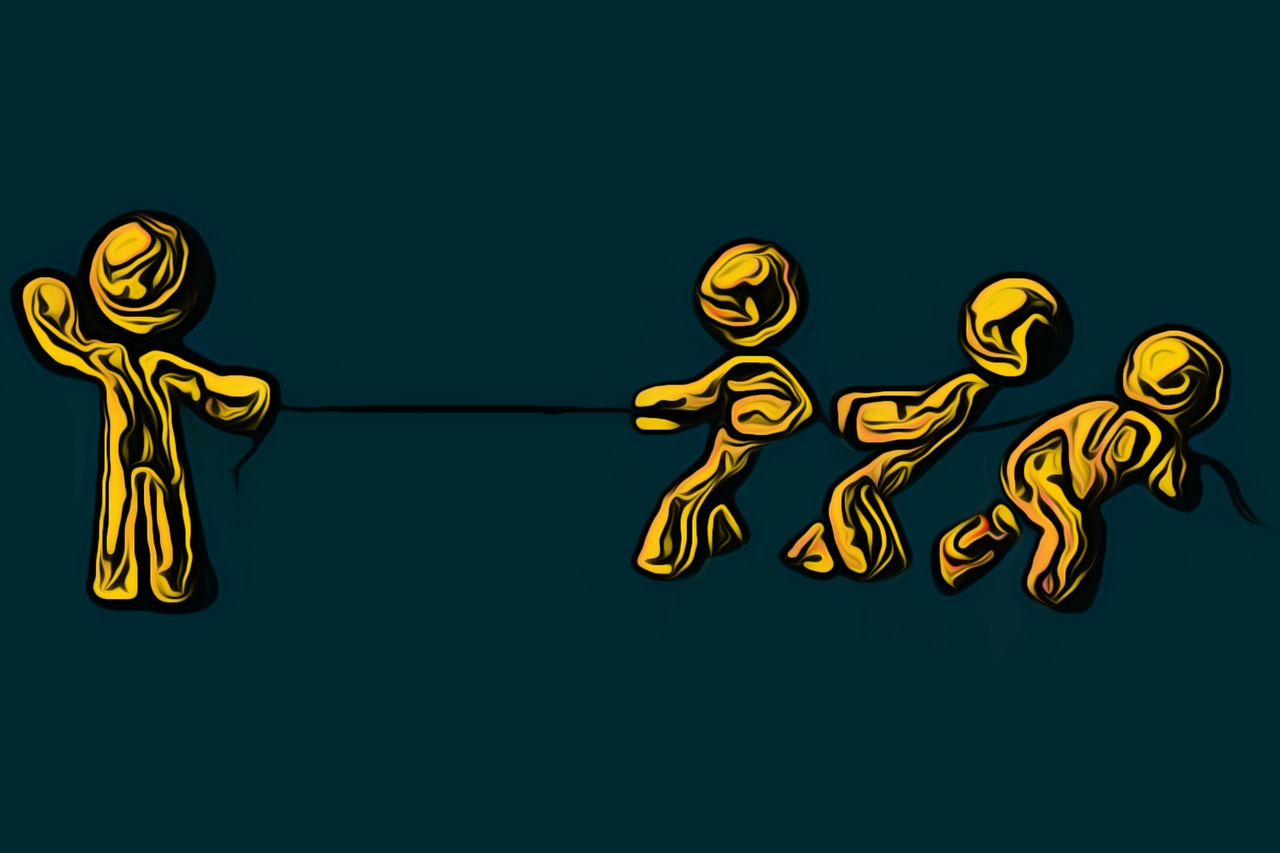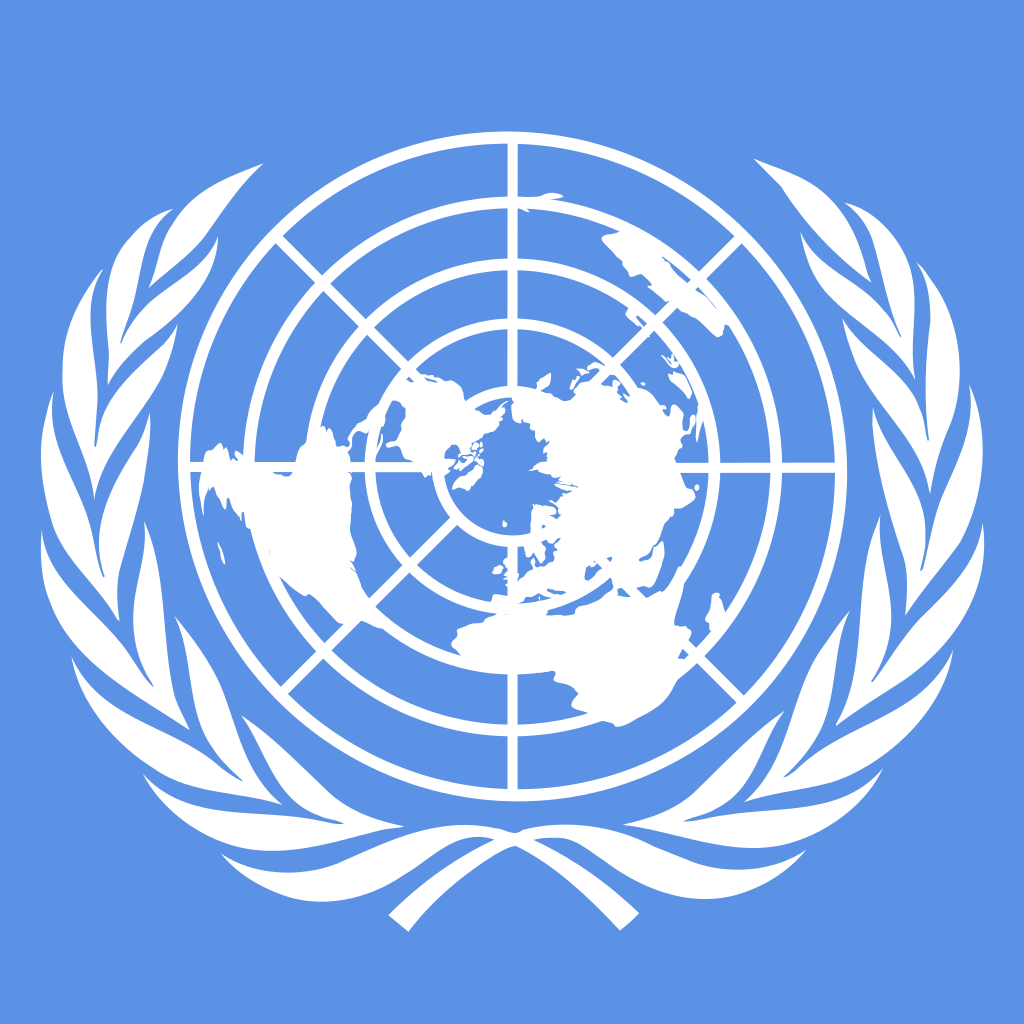Latest blog articles
-
Current US and EU secondary liability standards do not address all factors to trigger liability. This influences legislation and case law, setting an uncertain secondary liability outcome of IP infringement cases against Internet Intermediaries’. I suggest that tort law can tackle this problem.
-
Unlike other sectors, improvements in Genetic technology raise issues of morality. The new human gene editing technology CRISPR/CAS9 has raised many such concerns. Can the current patent system deal with these concerns or should morality be dealt with by the inventors themselves?
-
The need to guarantee the free flow of information in a Big Data economy forces us to re-think Intellectual Property Rights and find an appropriate balance between competition, innovation, privacy and incentives.
-
With or without the UK, the EU will try to find a way to implement the UPC as it has invested considerable time and efforts knowing the benefits it will bring; however, the fate of the Agreement could be decided on judicial grounds instead of political ones.
-
The Nikolova case (C-83/14), currently pending before the Court of Justice (CoJ), constitutes an interesting and unique example of a practice alleged to have discriminatory effects on a large group of persons defined by reference to their Roma ethnic origin. The case sheds light on the role that EU...
-
The European Commission, on behalf of the European Union (EU), monitors and checks on the transposition of EU legislation by Member States. Member States often have to report on the steps they have taken to comply with specific EU legislation and the Commission even occasionally initiates...
-
Last November the Court of Justice ruled in Dano that EU member states may exclude from entitlement to social assistance nationals of other member states who have arrived in their territory and who have no intentions of finding a job. While the ruling and the Court’s reasoning has triggered much...






